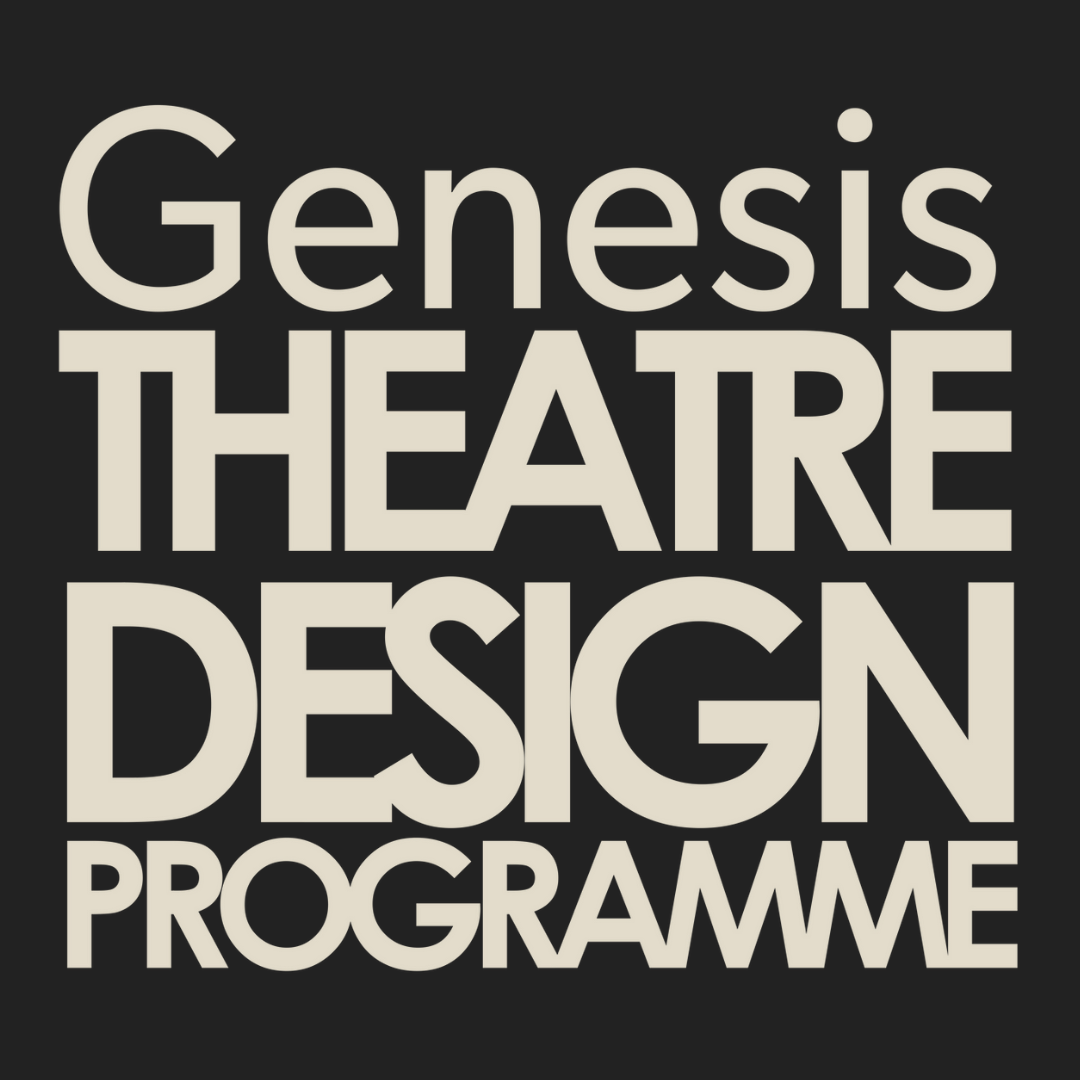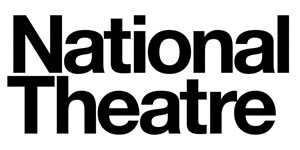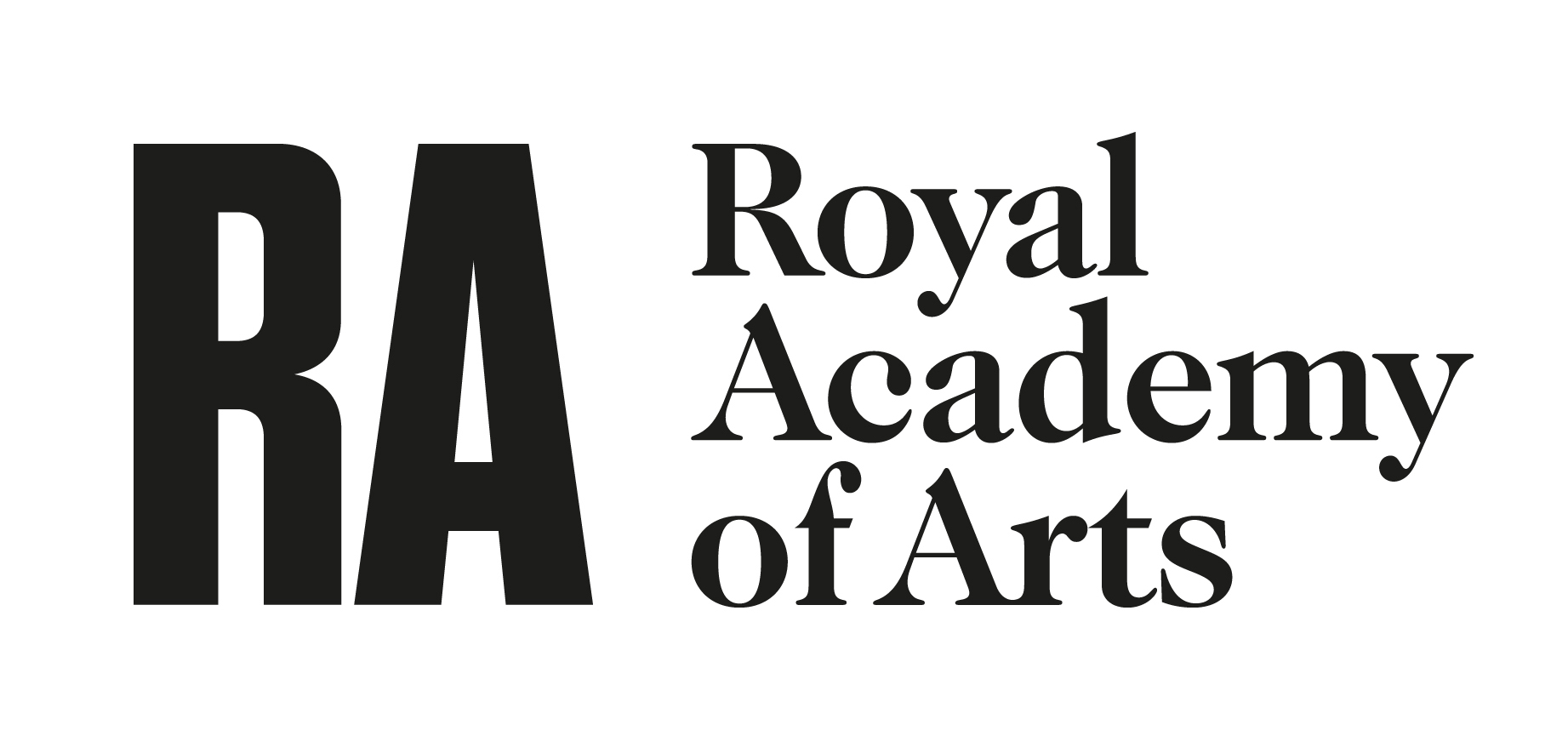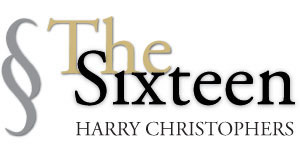No. 9 | Mentoring: what we all need to know
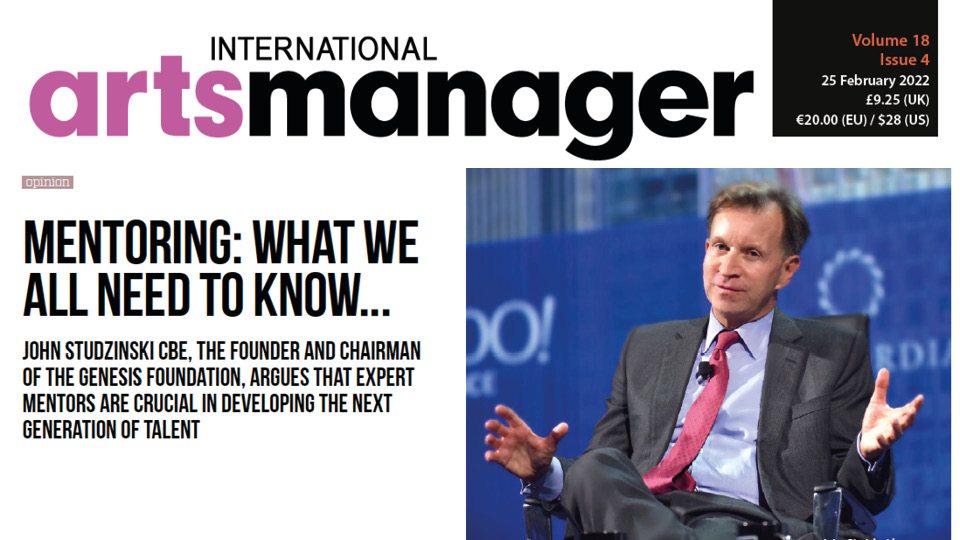
It’s not what you know, but who you know. So goes the old, slightly cynical saying. But like all old sayings, it has some truth in it. It rings especially true at a time when the going has become tough for so many creative professionals. Talent, training and a sense of purpose are of the essence, but when it comes to moving beyond survival mode and fulfilling your potential – and your dreams – you are likely to need some extra, expert, personal help.
The real truth, whatever your professional sphere, is that success comes from both what you know AND who you know. This is precisely where knowledgeable, experienced, savvy mentors have a crucial role to play. When difficulties or opportunities arise, and when there a big decisions to be made, they can provide encouragement, reassurance, sound advice and useful connections, or even just a sympathetic ear.
A few weeks ago I met up with a group of movers and shakers in the creative sector, all in their twenties and thirties. The aim was to explore evolutionary routes for the Genesis Foundation, now entering its third decade.
We started off by discussing mentoring, an activity which is close to the Foundation’s heart. It forms a mainstay of the programmes that Genesis runs in partnership with The Young Vic, National Theatre, Almeida and choral group The Sixteen. It is the raison d’être of the Genesis Foundation Prize, inaugurated in 2012 and awarded this year to George Turvey, Artistic Director of Papatango Theatre. He devotes his considerable energies to identifying and nurturing emerging playwrights and he has channelled the £25,000 prize money into a new scheme, with Bristol Old Vic as the launch partner.
At the recent roundtable, George duly led the discussion on mentoring, but the other participants also had plenty to say on the subject. One, describing her professional mentor as “the most influential person in my life”, highlighted the special value of an adviser whose approach to life was different from hers. Another participant, determined to match high artistic standards with commercial sustainability, defined her ideal mentor as a businessperson who loves the arts. A third homed in on her specific mentoring requirements as a portfolio artist, and a fourth took up the theme of reciprocity and two-way learning in the mentor/mentee relationship.
Whether in the arts, business or the field of philanthropy, the successful people I have met have all drawn strength from relationships with a number of mentors over the course of their careers. A prospective mentee might feel entitled to choose their mentor, but equally they must show themselves to be worthy of a mentor’s commitment and endorsement, to be someone who, in the fulness of time, is likely to reward the faith placed in them.
In turn, mentors need to ready to take responsibility for their mentee, to act as ‘the eyes of the world’, while remaining empathetic, sensitive to their mentee’s vulnerabilities as well as their strengths, and ready to guide their protégé through both triumph and failure.
No doubt many mentoring relationships ‘just happen’, but surely now is the time for them to be actively cultivated. Leaders from all walks of life can find ways of applying their particular skills to furthering creative talent. Emerging artists can knock on the virtual doors of people they admire and who they feel can open new vistas for them.
So often, philanthropy in the arts has been conceived in terms of putting money into bricks and mortar, yet the true foundation of the arts lies in the artists themselves and the creative journey they undertake. All of us have something to gain from the mentoring process. Through mentoring, and through being mentored, we can all invest in human capital and the future of our society. To quote another insight from our roundtable the other week: “What we’re doing here is changing the world.”
As published in the February issue of International Arts Manager.
Read other posts in the John Studzinski: The Philanthropist’s View series


